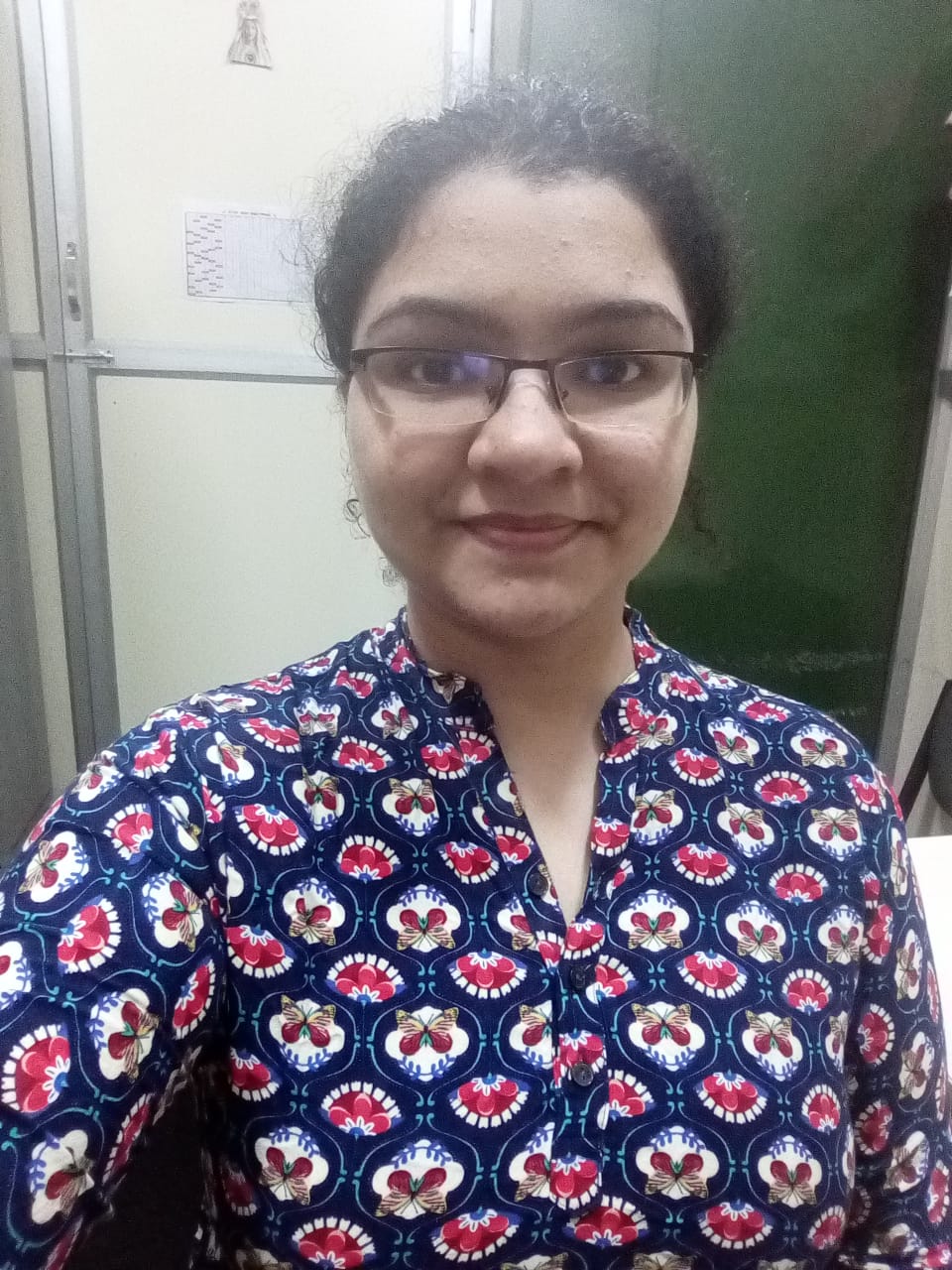How many of us have wanted to simply know the statistics of a certain disease? Or know some causative factors of an oft-seen condition in our OPDs? You might have tried a Wiki search, fully knowing that it’s not going to yield any fruitful data. You might have spent a few hours at the library, still not able to discover the elusive knowledge you seek.
Cue – QMed’s Literature Search Workshop, organised by the Academic Committee of Seth GS Medical College and KEM Hospital- the one stop guide on the know-how to access the most prolific database available on the World Wide Web- PubMed.
PubMed is a site where the bibliographic details of articles from various journals and publications are archived, and indexed in a way that is accessible to doctors and researchers alike. But even in this vast universe of articles, it becomes difficult to access the kind of data you want. The Literature Search workshop helped us narrow the gap between what we want and what we get.
A series of real-time examples and simplified rules, with a great explanation by Vasumathi Sriganesh Ma’am, helped us realise that a smart use of the various MeSH database terms and unique Boolean operators can help form the perfect algorithm for finding the right results. She also taught us some hidden-in-plain-sight functions which are available in PubMed, which we many a times overlook.
All in all, this workshop was a great learning experience for us, because nobody had actually dealt with this topic earlier. Neither had anyone succeeded in making it as lucid as Ma’am was able to do. More importantly, two things became apparent- PubMed can be your first step when you start a research project so that you can know about similar such articles or get ideas too. Secondly, be the kind of researcher who gets published in indexed journals. It’s what will set you apart at the end of the day.
Devanshi Shah, IInd Year MBBS, Seth G.S. Medical College





